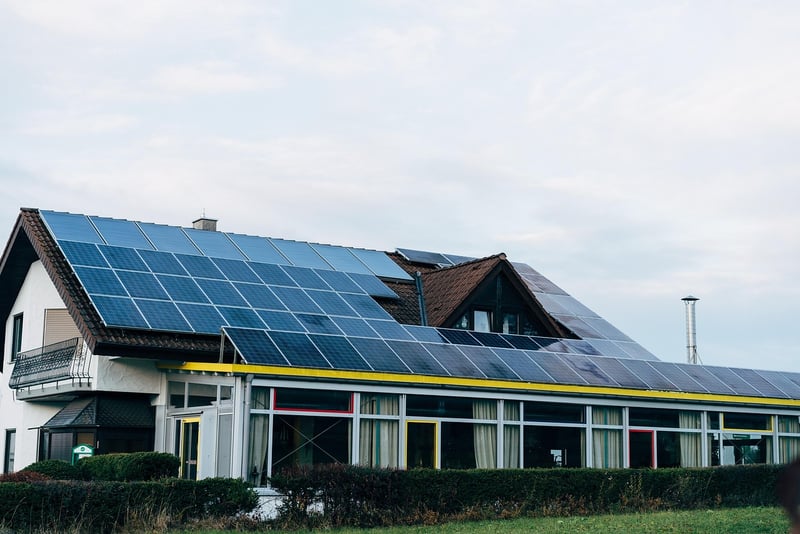Sustainable Living Tips
Useful Tips and Tricks for Successful Upcycling Projects
Upcycling is a fantastic way to breathe new life into old items, reduce waste, and unleash your creativity. Whether you're a seasoned upcycler or just starting out, these tips and tricks will help you take your upcycling projects to the next level.
1. Start with a Plan
Before diving into your upcycling project, take some time to plan out your design. Consider the materials you have on hand, the tools you'll need, and the end result you want to achieve. Having a clear plan will help you stay organized and focused throughout the project.
2. Get Creative with Materials
Don't limit yourself to traditional upcycling materials. Get creative and think outside the box. Old t-shirts can become a braided rug, wine corks can be turned into coasters, and mason jars can be transformed into stylish light fixtures. The possibilities are endless!
3. Embrace Imperfections
Upcycling is all about embracing imperfections and giving new life to old items. Don't get discouraged if your project doesn't turn out exactly as planned. Embrace the uniqueness of each piece and enjoy the creative process.
4. Invest in Quality Tools
Having the right tools can make a world of difference in your upcycling projects. Invest in quality tools like a good pair of scissors, a sturdy glue gun, and sandpaper for a smooth finish. These tools will help you achieve professional-looking results.
5. Share Your Creations
Don't be afraid to share your upcycling creations with others. Whether it's on social media, at a local craft fair, or with friends and family, sharing your work can inspire others to start their own upcycling projects and promote sustainable living.
Sustainable Living Tips
1. Reduce, Reuse, Recycle
Embrace the mantra of "reduce, reuse, recycle" in your daily life. Cut down on single-use plastics, opt for reusable items whenever possible, and make sure to recycle materials like paper, glass, and plastic to reduce your environmental impact.
2. Shop Mindfully
Support sustainable brands and shop for products that are ethically produced and environmentally friendly. Look for items made from recycled materials, organic fabrics, and sustainable sources to reduce your carbon footprint.
3. Conserve Energy
Be mindful of your energy usage at home. Turn off lights and appliances when not in use, switch to energy-efficient light bulbs, and consider installing solar panels to reduce your reliance on non-renewable energy sources.
4. Grow Your Own Food
Consider starting a small garden or growing herbs on your windowsill. Growing your own food not only reduces your carbon footprint but also allows you to enjoy fresh, organic produce right at home.
5. Educate Yourself and Others
Stay informed about environmental issues and spread awareness about the importance of sustainable living. Educate yourself and others about the benefits of living a more eco-friendly lifestyle and inspire positive change in your community.


